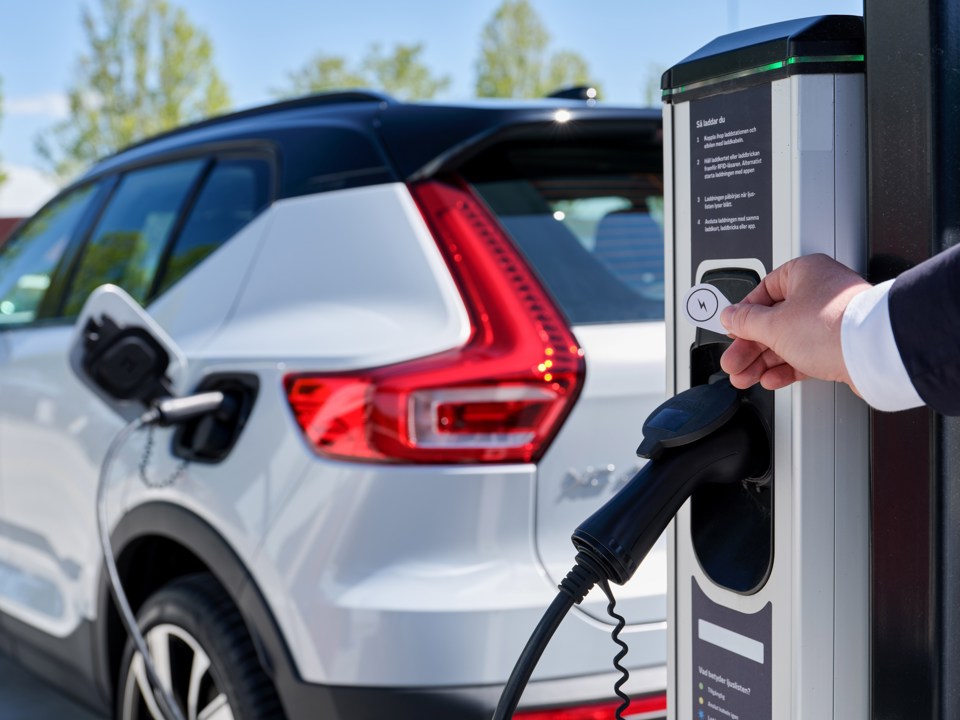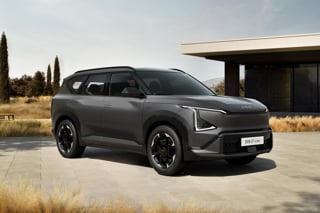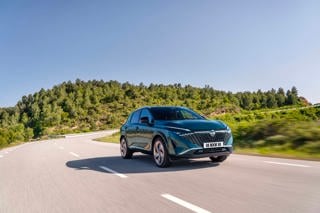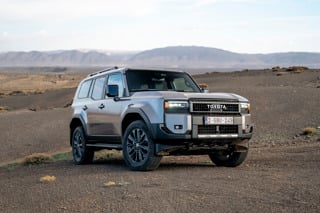Dealers' business sales teams will need to sharpen their electric vehicle knowledge rapidly to meet fleets' expectations following forecasts that fleet operators will largely step away from petrol and diesel cars by 2025.
Research from the latest Arval Mobility Observatory Barometer shows fleet decision-makers expect electric to be the dominant powertrain within three years.
A little over a quarter (28%) of UK company cars are predicted to be petrol or diesel power alone by 2025, it says.
With fleets operating vans, they expect half (50%) of those to be electric.
But some dealers currently are not delivering on the expectations of corporate customers, particularly in relation to advance explanations of technology and handovers.
Paul Hollick, chair of the Association of Fleet Professionals, recently told AM: "The single biggest factor is the escalation in vehicle technology and the need to ensure drivers are provided with what amounts to basic training to enable them to understand their vehicle.
"If you are driving your first EV or your first vehicle fitted with an advanced driver-assistance system (ADAS), which sometimes takes control away from the driver, you shouldn’t simply be left to read a 200-page manual or told to access a website."
Shaun Sadlier, head of Arval Mobility Observatory in the UK, said: “Looking three years ahead takes us to 2025 and, by that point in time, the research shows that fleet operators expect electrified vehicles to dominate their fleets.
“The numbers show the anticipated rapidity of the decline of 100% petrol and diesel powered vehicles.
“This view is remarkably consistent across companies of all sizes according to our data – from those with fewer than 10 employees to those with more than 1,000 – and there is an absolute expectation that electrification will happen at speed and across all vehicle types.”
However, Sadlier says it’s worth underlining that these findings are forecasts rather than fact and may be “overoptimistic” in the case of vans, where there are issues around supply and model choice, as well as cost and operational challenges.
“Bearing in mind this situation, the speed of change may in fact take longer than the next three years,” he added.
“Our view is that the data should perhaps instead be viewed less as an outright prediction and more as an indication of the commitment of fleet operators to electrification, which, in the light of the results seen here, cannot be doubted and if we can resolve issues such as the supply and charging of electric vehicles it is likely the transition will take place sooner rather than later.”
The UK results are also ahead of 19 other European countries surveyed – where the number of cars using petrol or diesel is expected to be 52% and vans 64%.





















Login to comment
Comments
No comments have been made yet.